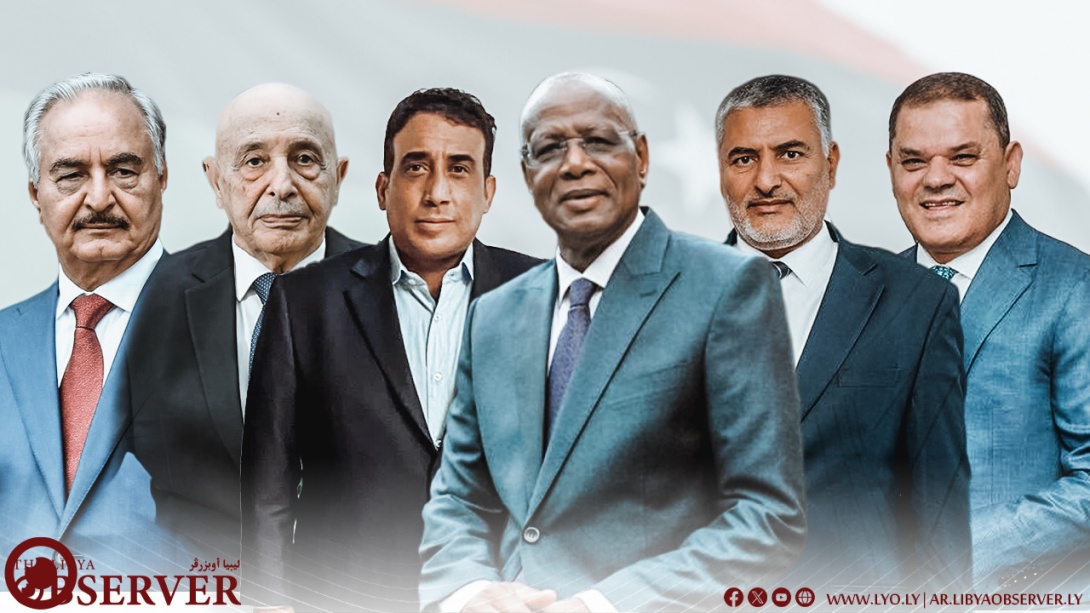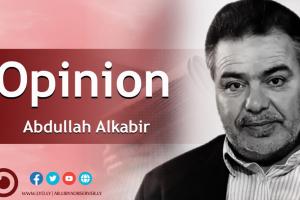By Abdullah Alkabir, Libyan political writer and commentator
What is the alternative if Bathily's initiative fails?

The UN Special Envoy to Libya, Abdoulaye Bathily’s initiative clashes with the conditions set by Agila Saleh, Speaker of the House of Representatives; Abdul Hamid Dbeibah, Head of the Government of National Unity; and Khalifa Haftar, Commander of the Operation Dignity militia. The first does not want to negotiate election laws, and only wants to discuss the issue of forming a new government, and the second refuses to discuss the formation of a new government. He believes that the dialogue should not go beyond reaching a consensus formula on electoral laws, so that they become implementable. The third stipulates the inclusion of the parallel government or the exclusion of the two governments.
Movements of the US Special Envoy to Libya, Ambassador Richard Norland, and his meeting with the parties invited to the dialogue aim to pressure the removal of these conditions and bring everyone to the Bathily’s table.
The US influence to ensure the success of the initiative, cannot be overlooked. The Success here is not intended to remove all obstacles in the way of the elections, but rather to break the political stalemate by launching dialogue at the level of representatives of the five invited parties, and then the subsequent steps will come at the appropriate time.
The positions of the three figures are understandable. Aqila seeks to extend the transitional period and take away more power, by dominating the executive authority, while Dbeibah seeks to continue as head of government, and he has a strong argument supported by broad popular sectors, which is not to allow the transitional period to be extended and the change be achieved through elections, so, that all entities that have been in power for years will disappear. As for Haftar, he wants to engage in negotiations with his parallel government or exclude the two governments, to weaken Dbeibah’s position, as there is no one verses Haftar at Bathily’s table except Dbeibah, for the House of Representatives is the counterpart of the High Council of State, and the head of the Presidential Council will identify with the positions of Aqila and Haftar, after joining the Cairo meeting with Haftar and Aqila, and signing a statement welcoming the initiative, and calling for responding to Aqila and Haftar’s reservations.
Menfi's participation in the Cairo meeting divided the Presidential Council and ended the fragile state of consensus among its members, with representatives Abdullah Al-Lafi and Musa Al-Koni taking a position in opposition to Menfi's biased tendencies by participating in the Cairo dialogue.
Bathily presents his initiative after a protracted political stalemate, accompanied by military tensions of armed groups with different whims and interests, and at a time of severe international turmoil between the major powers, with the continuing war in Ukraine and the barbaric aggression carried out by the occupation entity in Palestine against the people in the Gaza Strip, which doubles the possibility of failure of the initiative, or at the very least falter, due to the failure of the parties called upon to exchange concessions that would drive the political process forward.
Here, the prominent question may be posed. What is the alternative?
The country's fate cannot remain in the hands of entities and personalities who want to remain in power, without realizing the country's need to unify its institutions without delay, and pull it out of the state of collapse that is being perpetuated by the increasing external interference and indeed intervention.
Disclaimer: The views and opinions expressed in this article are those of the writer, and do not necessarily reflect those of the Libya Observer



